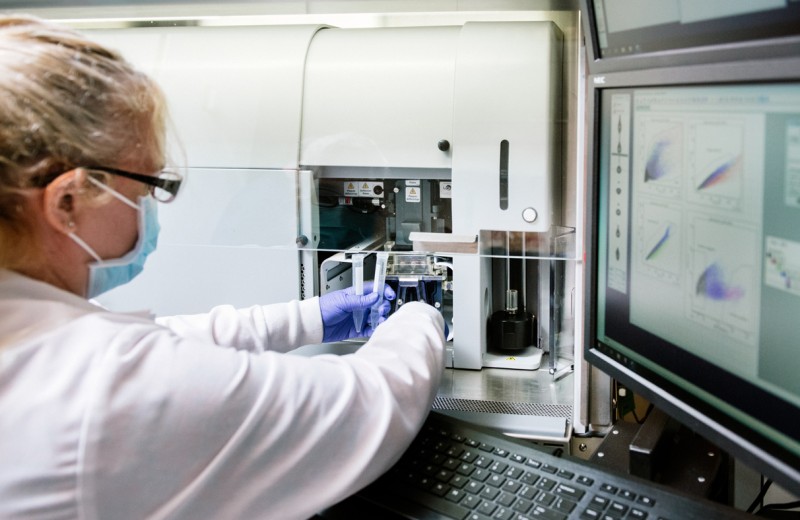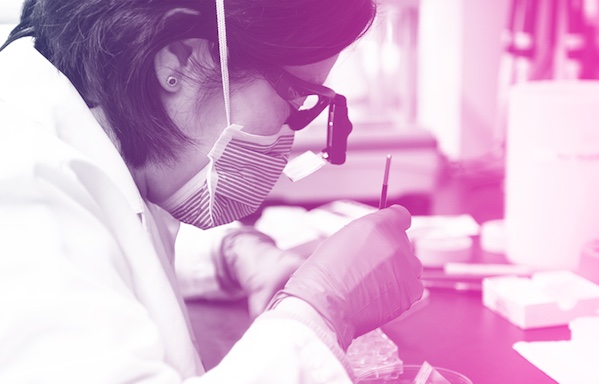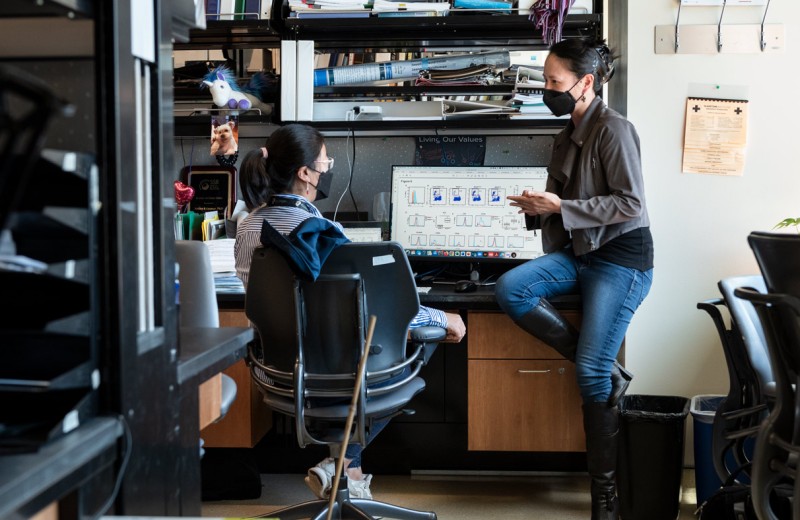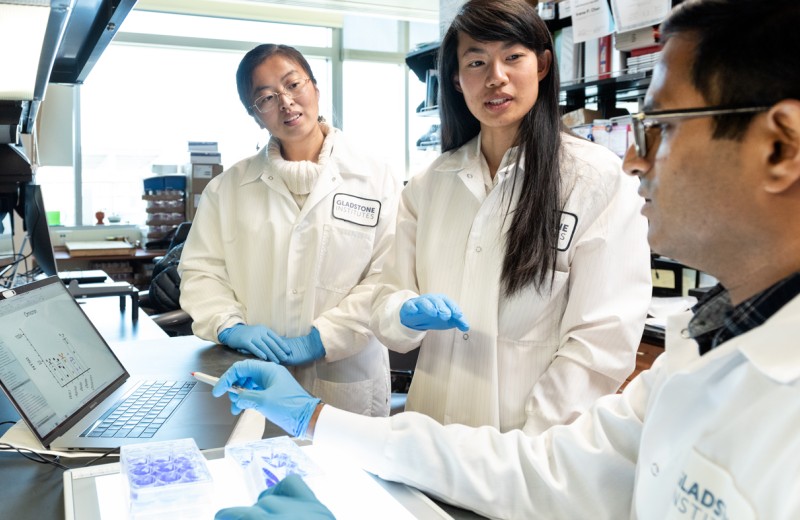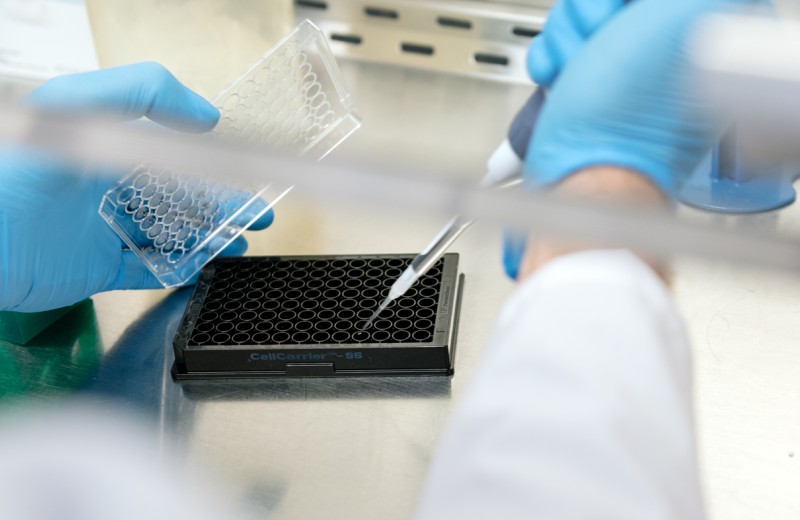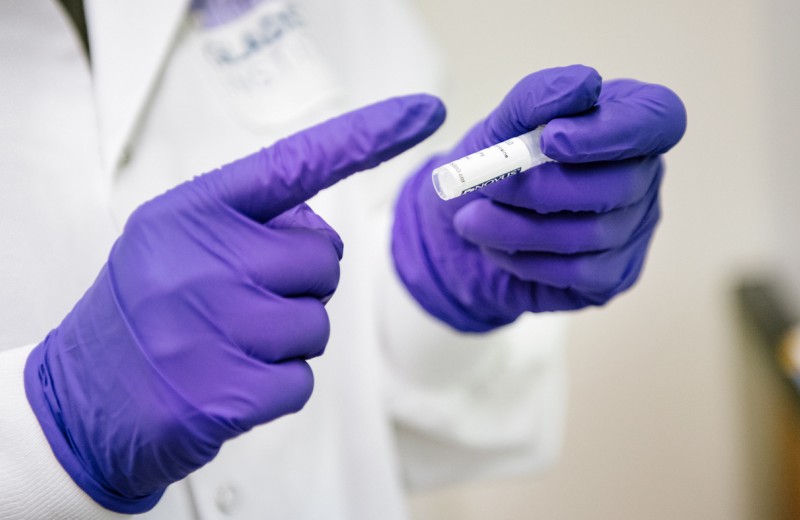Biomedical Research That “Flows” in New Directions
Biomedical Research That “Flows” in New Directions
Improvements in the cell analysis technique known as flow cytometry are helping Gladstone researchers make discoveries in immunology, stem cell biology, cardiology, and neuroscience
Gladstone Experts Flow Cytometry Core Neurological Disease Alexanian Lab Roan Lab

